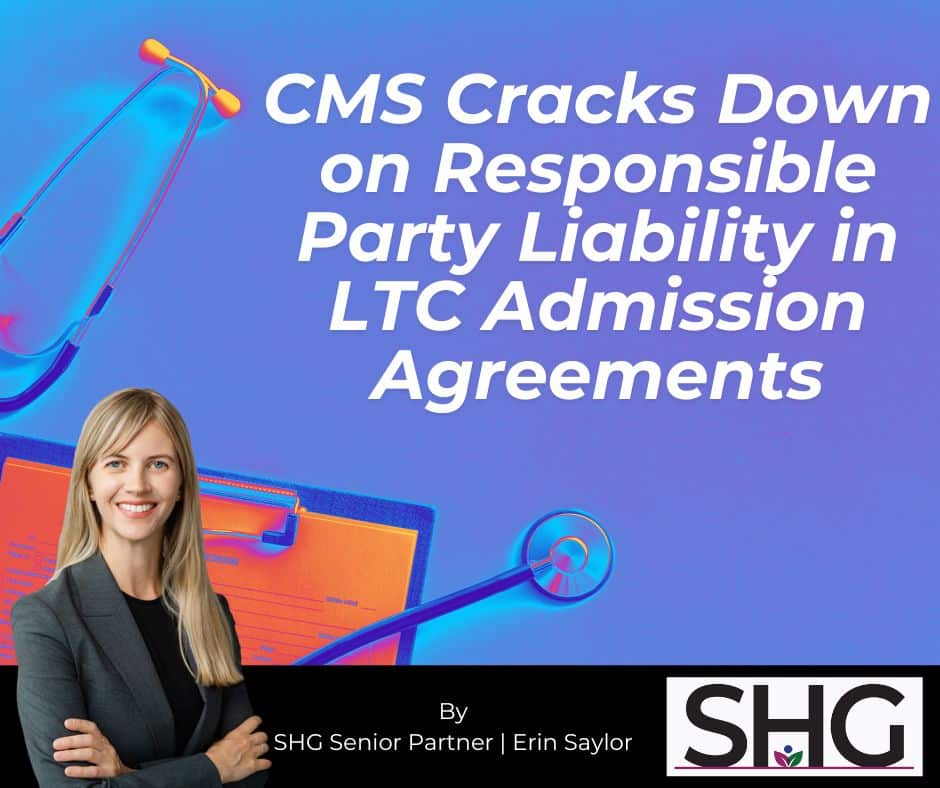Known as “filial responsibility laws,” many states (more than half) have long-standing statutes in place that hold an adult child responsible for the financial support of an indigent parent. In most states, these statutes have been largely ignored, especially since the launch of the Medicaid and Medicare programs in the 1960s. However, as the senior population continues to grow, and long-term care costs continue to increase with more seniors unable to pay for the cost of their care, recent case law in several states shows a renewed interest, especially among long-term care providers, in enforcing these laws.
Although a large portion of long-term care costs can be covered by government programs like Medicaid and Medicare, filial responsibility laws may be useful tools for long-term care providers to recover costs when seniors fail to timely apply for these benefits, or are somehow disqualified or otherwise have a gap in coverage. They can also be helpful in encouraging residents’ family members to assist in the Medicaid application process.
Filial responsibility laws may have the potential for long-reaching impact, but the implementation of these laws and the duties and penalties they impose vary widely from state to state. The defenses to filial responsibility, such as the adult child’s financial ability to pay for their parent’s care, or evidence of abandonment prior to when the child reached the age of majority, can also be complex and vary among jurisdictions, so in-depth knowledge of the law is key.
Only time will tell how useful the resurrection of these laws will be, but it is important for long-term care providers to know the filial law (or lack thereof) in their states, and what obligations the children of residents owe to their parents to cover the costs of residents’ care and support. Our attorneys provide creative and practical solutions to the complex problems facing long-term care providers today, so if you need help exploring how filial responsibility laws may help improve your collection outcomes, contact us.





